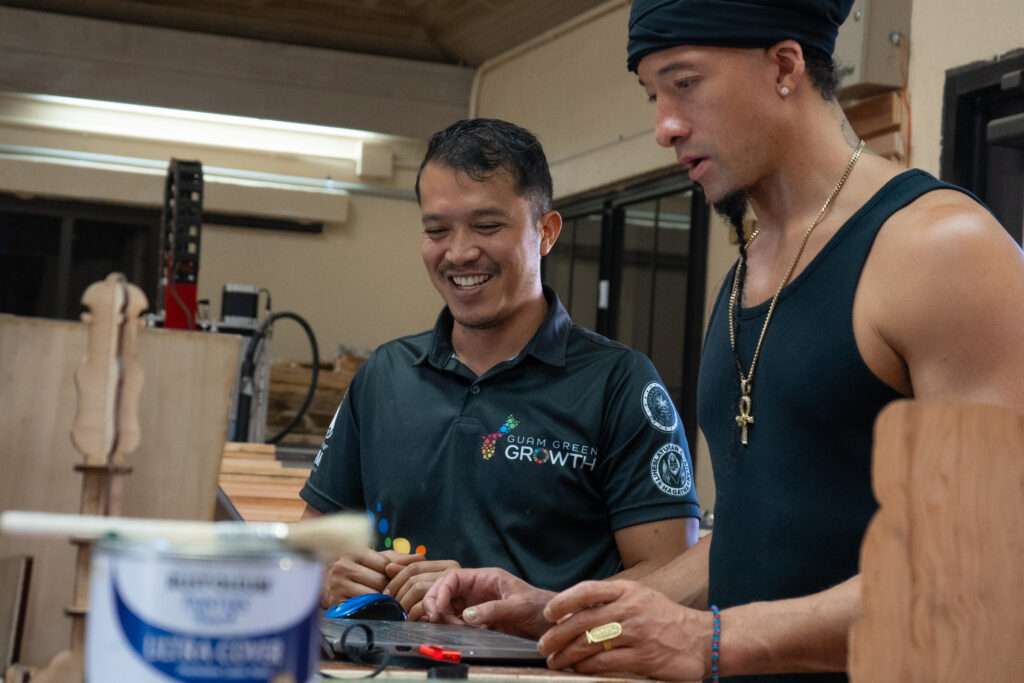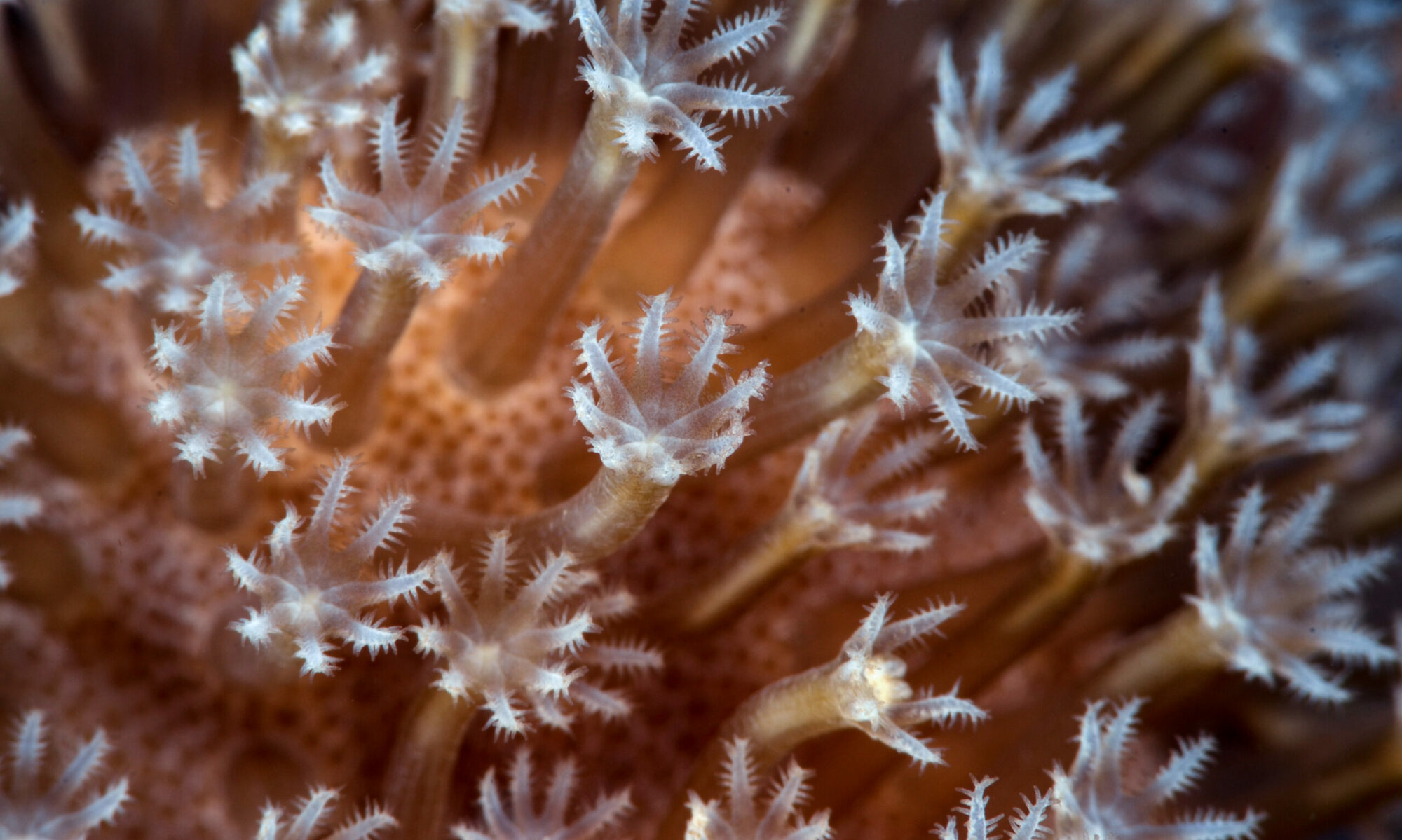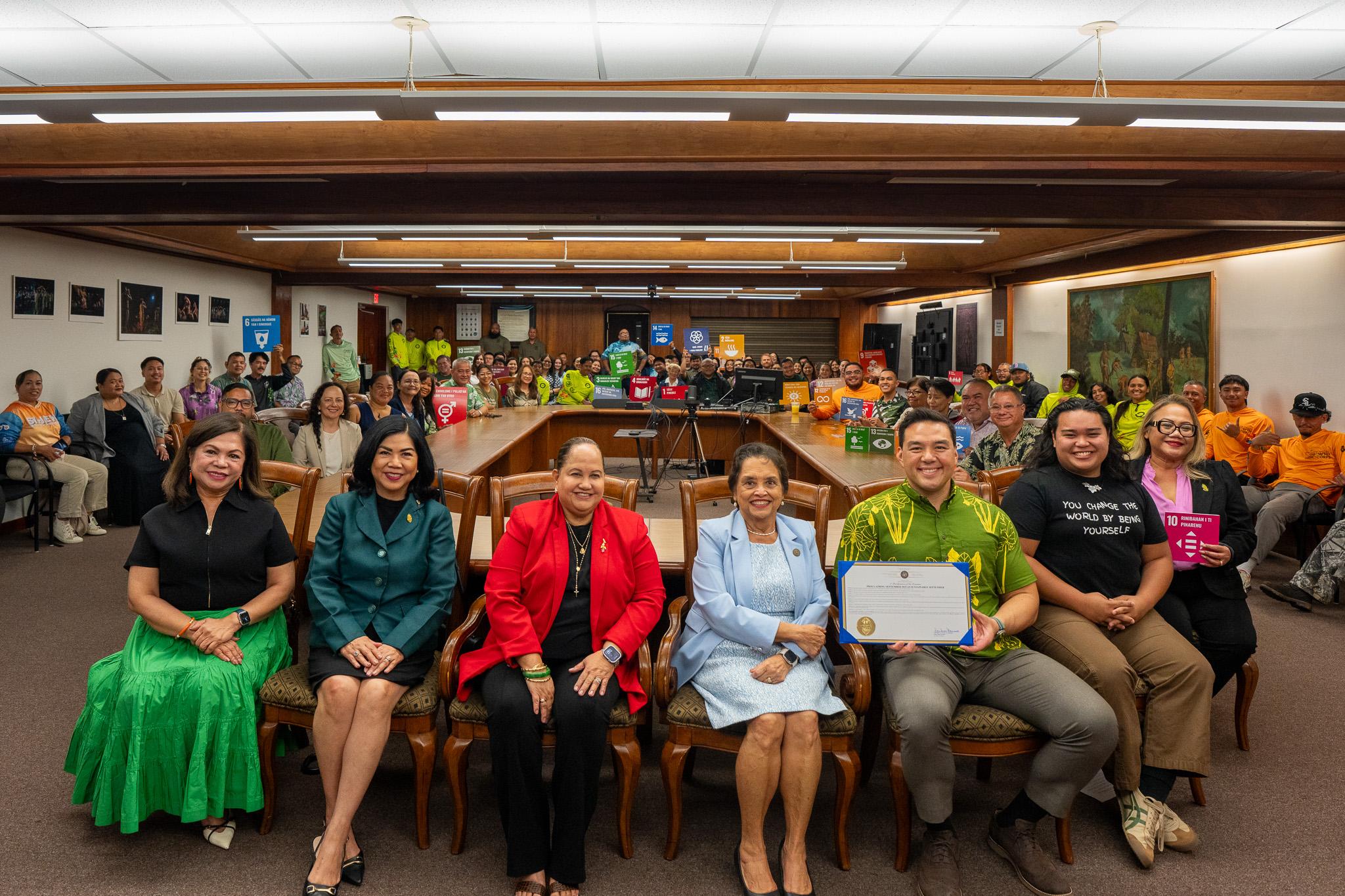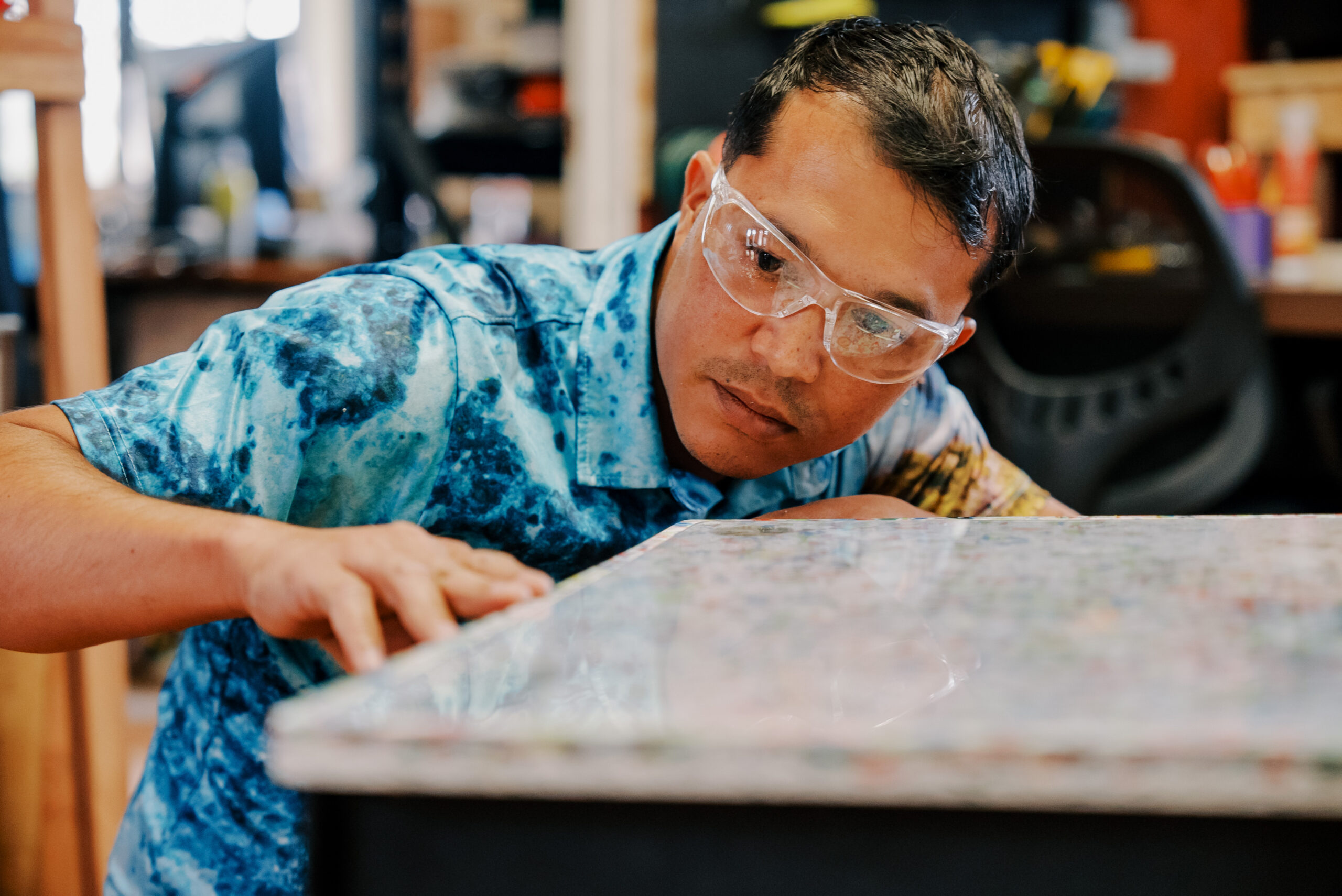
Guam Green Growth Makerspace to hold weaving and laser engraver workshops to close out October
The University of Guam’s Guam Green Growth Circular Economy Makerspace and Innovation Hub has announced two workshops to be hosted at their CHamoru Village campus showcasing both cultural knowledge and high-tech innovation.



























